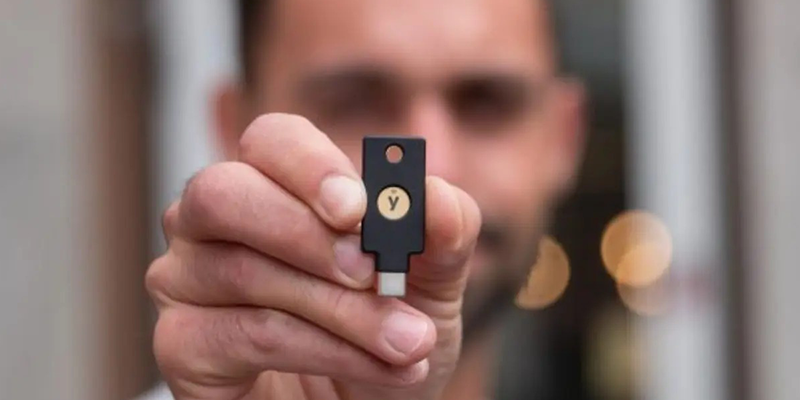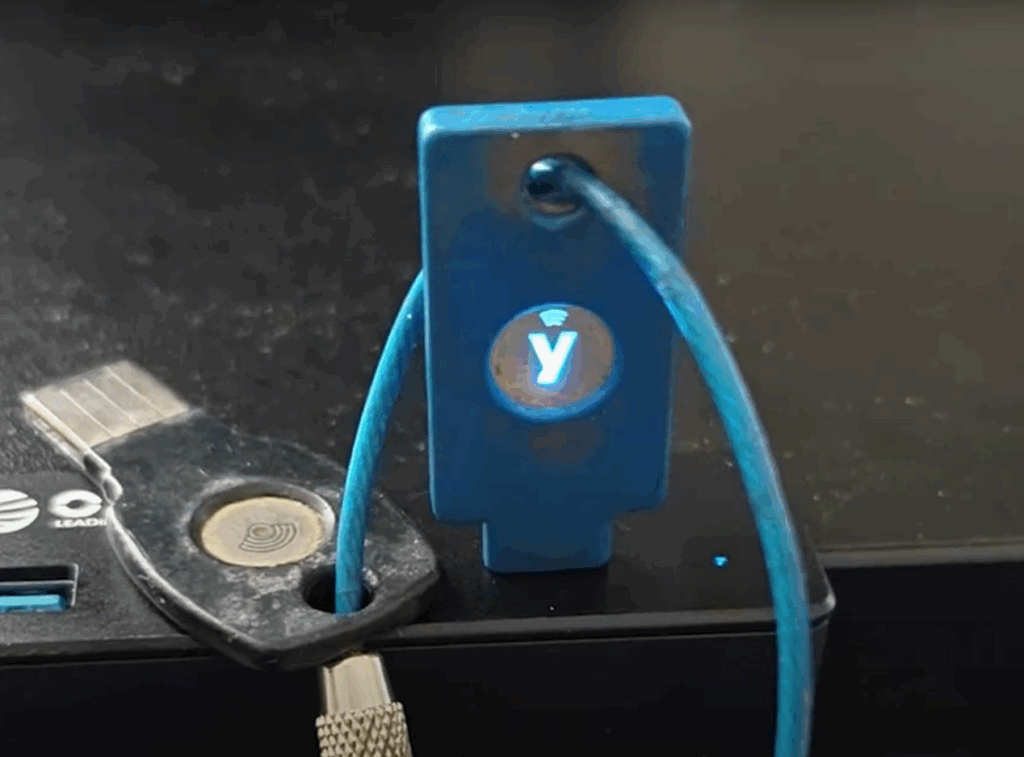Why We Continue to Rely on Cisco Duo
Cisco Duo has been one of the most reliable multi-factor authentication platforms we’ve used over the years. It does what it’s supposed to do without slowing anyone down. For many of our clients, it’s become second nature to approve a login with a tap on the Duo mobile app. From a security perspective, it’s already a significant improvement over relying on just usernames and passwords.
What sets Duo apart is its ability to layer strong security on top of existing workflows. It’s simple enough for non-technical users but strong enough to meet compliance requirements in industries where authentication matters most.
Built to Work with the Tools You Already Use
One of the most important strengths of Duo is how well it integrates. Whether you’re logging in to Microsoft 365, accessing cloud applications, connecting through VPN, or unlocking administrative portals, Duo fits right in. It doesn’t require you to reconfigure your entire environment. It simply adds the missing layer of validation that stops unauthorized access in its tracks.
Because it works with so many platforms, we’ve been able to deploy it across dozens of environments without interrupting operations. It’s a good example of security working in the background without getting in the way.

The Universal Prompt Makes MFA Even Smoother
Recently, Cisco rolled out the Universal Prompt, which brings a more consistent and streamlined experience across all login points. Instead of juggling multiple formats or inconsistent screens, users now get a unified prompt no matter what service they’re logging into.
This not only makes the login process more predictable, but it also reduces confusion and lowers the chance of someone misreading a security prompt or approving a fake request. It’s cleaner, faster, and more user-friendly all around.
Why We Recommend YubiKey for Even Stronger Security
While the Duo app works well for most, there are cases where hardware-based authentication is simply better. That’s where YubiKey comes in. These small physical keys plug into your device and act as a second factor. When the key lights up, you press it. That’s all it takes. No phone. No codes. No app notifications.
We’ve tested these keys extensively, and they’ve not only been more secure but easier to use. We recently shared a short demo showing a USB-C version in action. The same process applies for USB-A or NFC-enabled models. Once configured, you insert the key, touch it, and you’re logged in.
For users who have experienced MFA fatigue or are tired of constant app prompts, the YubiKey provides a faster, more reliable experience without reducing security. In fact, it removes many of the risks associated with push-based approval. If someone doesn’t have the physical key, they can’t get in. It’s that simple.




